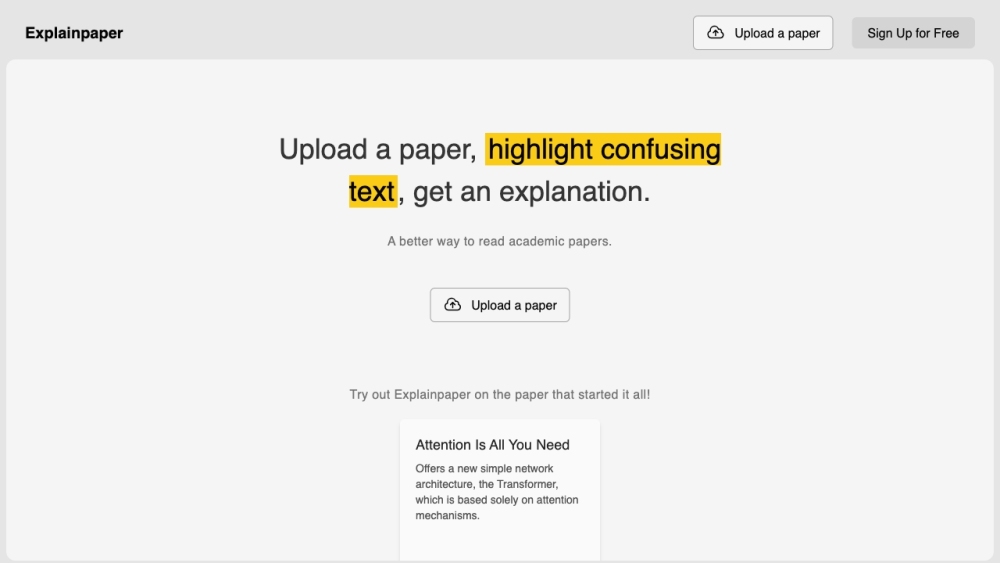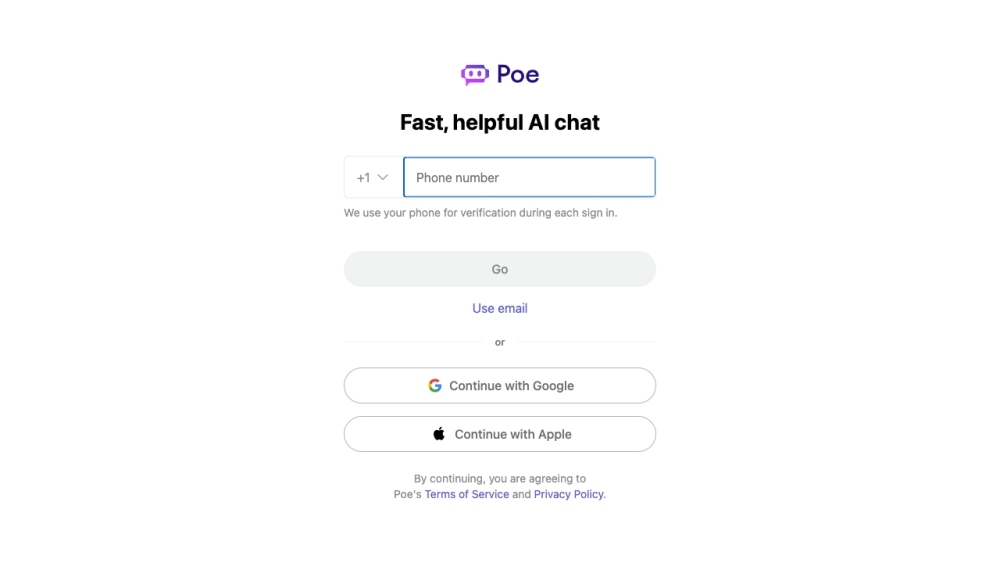When Elon Musk unveiled the team behind his new artificial intelligence venture, xAI, last month, he emphasized the necessity of addressing profound existential questions surrounding AI's potential benefits and risks. The company's mission, reportedly to "understand the true nature of the universe," raises critical discussions about whether it can genuinely align its actions to mitigate technology risks, or if it merely seeks to outperform OpenAI. This development prompts essential inquiries regarding how businesses should tackle AI-related concerns, specifically:
- Who within major foundational model companies is genuinely exploring both the immediate and long-term impacts of their technology?
- Are they approaching these issues with the right expertise and perspective?
- Are they effectively balancing technological advancements with the social, ethical, and epistemological dimensions?
As a former computer science and philosophy student, I once viewed these disciplines as disparate. In one setting, I engaged with students pondering ethical dilemmas, ontology, and epistemology. In another, I collaborated with peers focused on algorithms and code.
Fast forward twenty years, and this intersection now appears crucial as organizations confront AI's existential stakes. Companies must commit authentically to addressing these challenges, which requires assembling leadership teams with the necessary skills to navigate the consequences of their technology—well beyond the capabilities of engineers alone.
AI is inherently a human issue, not just a challenge of computer science, neuroscience, or optimization. To effectively respond, we need a modern equivalent of an "AI meeting of the minds," akin to Oppenheimer's cross-disciplinary collaboration in the 1940s New Mexico desert.
The clash between human aspirations and AI's unintended outcomes gives rise to the "alignment problem," which Brian Christian discusses in his book “The Alignment Problem.” Essentially, machines can misinterpret our best instructions, leading us to struggle in conveying our true intentions. Consequently, algorithms may propagate bias and misinformation, undermining societal structures. In a more troubling scenario, they could undermine our control over civilization through unchecked dominance.
Unlike Oppenheimer’s scientific quandary, ethical AI necessitates a comprehensive understanding of existence, human desires, and the dynamics of intelligence. It’s not strictly scientific; it demands a collaborative approach that integrates perspectives from both the humanities and sciences.
Now more than ever, cross-disciplinary teamwork is essential. An ideal team for a company aiming for ethical AI might include:
- Chief AI and Data Ethicist: This individual would tackle both immediate and long-term data and AI challenges, advocating for ethical data practices and ensuring citizens' rights regarding their data. This role is distinct from that of a Chief Technology Officer, who primarily executes technology plans. A data ethicist is essential to bridge communication between internal policymakers and external regulators.
- Chief Philosopher Architect: This role is focused on existential issues related to the "Alignment Problem," particularly in establishing safeguards, policies, and protocols to ensure AI aligns with human needs.
- Chief Neuroscientist: This individual would explore sentience, the evolution of intelligence in AI models, and relevant human cognition models that can inform AI development.
To operationalize these visionary roles, a new type of inventive product leader is vital in the "Age of AI." This leader must navigate complex technology stacks, integrating AI model infrastructure with services for fine-tuning and proprietary model creation. They should envision "Human in the Loop" workflows that incorporate the safeguards proposed by the Chief Philosopher Architect, and adeptly translate protocols from the Chief AI and Data Ethicist into tangible systems.
Taking OpenAI as an example, they have a chief scientist who is also a co-founder, a head of global policy, and a general counsel. Nevertheless, without the key positions outlined above within their executive leadership, crucial questions about the implications of their technology remain unresolved. If Sam Altman is genuinely concerned about addressing superintelligence thoughtfully, building a holistic executive team could be a pivotal first step.
Our objective must be to foster a responsible future where companies act as trusted stewards of personal data, ensuring AI-driven innovation contributes positively to society. Historically, legal teams have tackled privacy concerns, but they cannot alone resolve ethical data usage in the AI landscape.
Incorporating diverse perspectives in decision-making is essential for achieving responsible data usage and AI aligned with human progress—while retaining oversight of the technology at hand.




